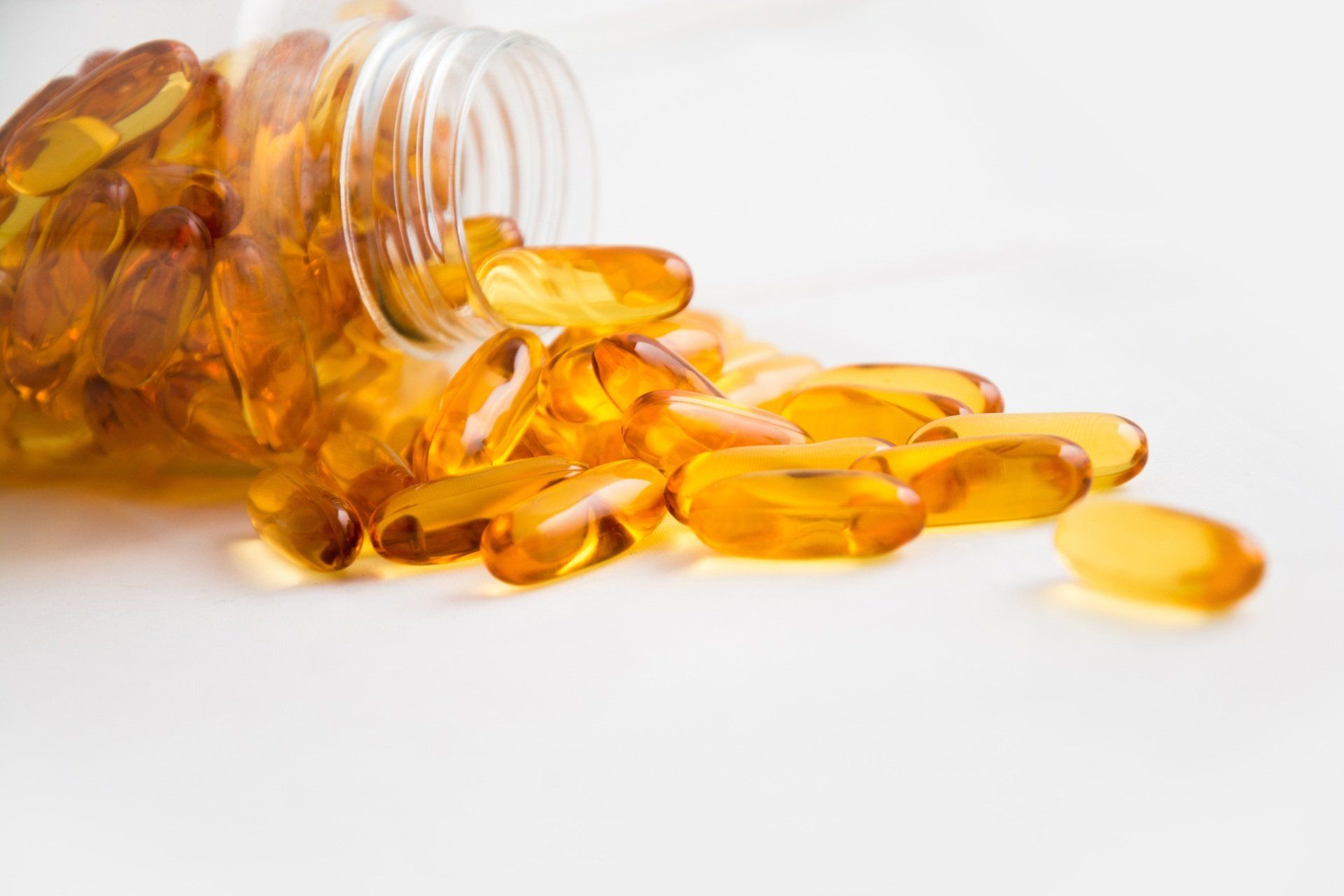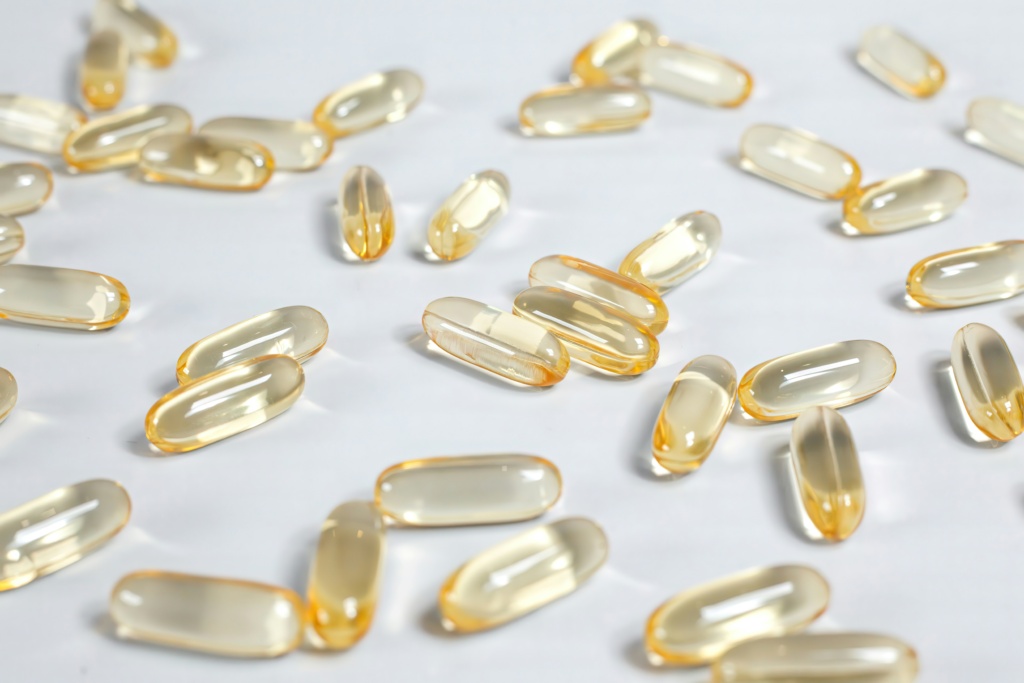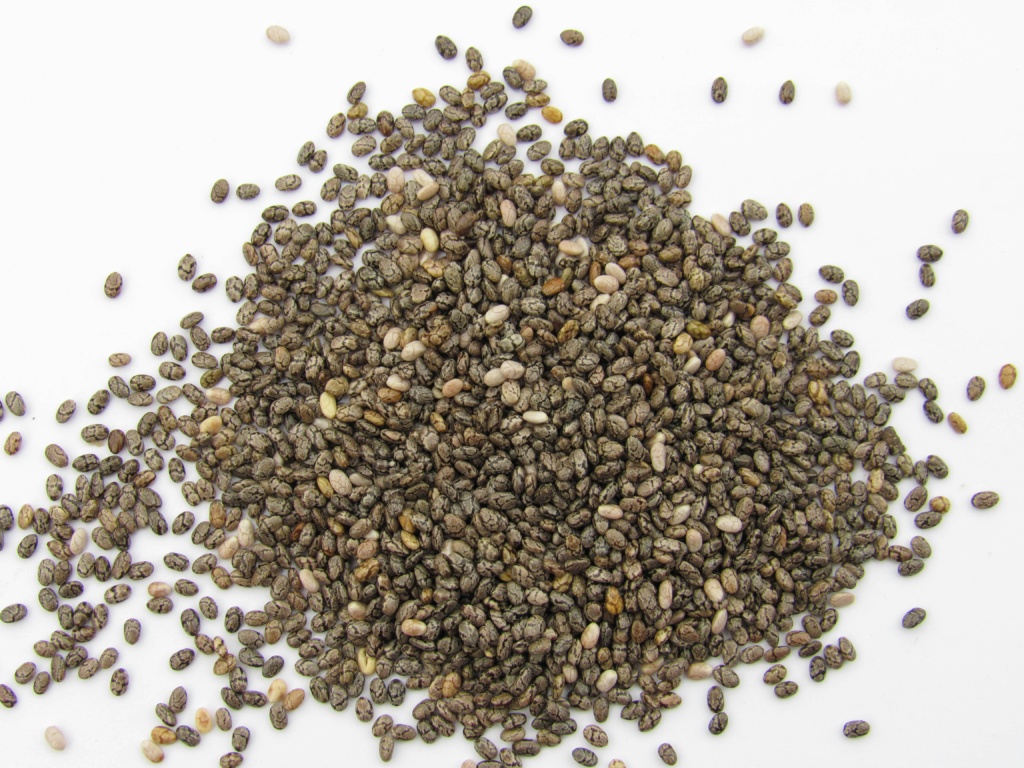Is Fish Oil Dangerous for Your Health?

The Dangers of Fish Oil: Mercury and Dioxins
For quite some time now, fish oil supplements, like cod liver oil, krill oil, and other fatty fish oil supplements, have been a popular trend and topic of discussion. The claims capture the attention of those wanting to strengthen their hair, nails, and skin. Fish oil supplements are also regularly recommended for improving mental health, reducing inflammation, reducing the risk of heart disease and high blood pressure by lowering triglyceride levels, reducing joint pain associated with rheumatoid arthritis, and promoting optimal fetal development in pregnant women. There are even those who also advertise that if you’re eating a plant-based/vegan diet or anything close, you NEED fish oil to survive. So what makes fish oil dangerous exactly?
Anthony William discusses the myth of fish oil’s benefits in Medical Medium by including fish oil supplements in his list of what not to eat. He shares that although eating fish (wild-caught) sparingly is okay, taking fish oil supplements is very different.

The primary issue is mercury and dioxins in most fish used to make these supplements. When you eat fish with mercury in its flesh, the mercury tends to stay mostly in your intestinal tract, liver, and stomach area. It’s another, more dangerous story when you consume fish oil supplements.
Anthony goes on to share that although some manufacturers tout that mercury has been physically removed from their supplements, this is both impossible and unrealistic. Conversely, when companies attempt to remove mercury from fish, they make the mercury more potent.
This concentrated mercury in fish oil supplements can cross the blood-brain barrier and easily enter sensitive organs, bypassing and disrupting the body’s systems. It can also strengthen and feed viruses and bacteria. Fish oil supplements put you on the fast track for Alzheimer’s, dementia, and chronic inflammatory diseases of the brain.
Our clients work hard to repair their bodies, reduce their viral and toxic loads, and lead longer happier, healthier lives. Fish oil supplements just do not belong in this equation.
Is there a better option without these high-risk side effects?? Of course!

Omega 3 vs. Omega 6
Let’s first talk for a minute about the difference between Omega 3 and Omega 6. Omega 6 and Omega 3 are long-chain polyunsaturated fatty acids (poly = many, unsaturated = contains a high proportion of fatty acid molecules with at least one double bond). Our bodies don’t have the enzymes to produce these fatty acids, so they must be obtained from our diets.
Omega 3s are said to be anti-inflammatory, and Omega 6s are pro-inflammatory. In the standard American diet, most people get a ton of Omega 6 (think poultry, eggs, grains, etc., which are taxing to the immune system). While (thankfully!) most people living a Medical Medium lifestyle have more healing diets, we still want to ensure that we’re maintaining our EPA/DHA (eicosapentaenoic acid and docosahexaenoic acid), AKA sufficient doses of Omega 3.
Is Omega 3 Good For You?
The following information (and more!) can be found in Medical Medium :
- EPA/DHA helps protect and fortify the myelin nerve sheath. This is particularly important when fighting against EBV (Epstein Barr Virus).
- EPA/DHA also fortifies the endocrine system and repairs and strengthens the nervous system (particularly important if impacted by Shingles and/or depression and ADHD).
- EPA/DHA helps to heal insulin resistance.
- EPA/DHA nourishes deep tissue in the reproductive organs.
Getting Omega 3 Without the Risks of Fish Oil
Overall, Omega 3s are super beneficial, but let’s cut right to the chase and collect the benefits without the additional damage. Thank goodness, there are some wonderful natural sources of EPA/DHA if you are avoiding fish consumption. If you cannot get adequate levels of omega-3 from food sources alone, we’ve also included some recommendations for omega-3 fatty acid supplements you can add to your healthcare regimen.

- Consider some foods that are higher in Omega 3s. Some of the best options are chia seeds, flax seeds/flaxseed oil, walnuts, hemp seeds, beans, winter squash, leafy greens, cabbage, berries, mangoes, and honeydew.
- Try Spirulina (algae) and Atlantic sea vegetables such as dulse, kelp, and Nori.
- Sea veggies support the endocrine system, specifically the thyroid gland (think pregnancy, postpartum times!).
- Sea veggies and spirulina are excellent sources of iodine that help eliminate heavy metals.
Atlantic dulse goes into deep, hidden places of the digestive tract and gut, seeking out mercury, binding to it, and never releasing it until it leaves the body. – Anthony William
- An easy way to get started is to add 1-2 tablespoons to your salad or soup.
- Note: Make sure your sea veggies come from the East Coast / Atlantic Ocean. Dulse and kelp from Maine are best!
- I suggest these brands: Maine Coast Sea Vegetables Dulse Flakes, Solgar – North Atlantic Kelp,
and Vimergy’s USA-Grown Spirulina
- I suggest these brands: Maine Coast Sea Vegetables Dulse Flakes, Solgar – North Atlantic Kelp,
- Fish-free, plant-based, algae-derived omega 3 supplements (EPA/DHA).
- I suggest these brands: NuTru Vegan Omega 3 DHA Supplements and Deva Nutrition Vegan Liquid(for kids)
The bottom line when it comes to fish oil? Skip the fish and go right to the health benefits! There are obvious advantages to being on top of your EPA/DHA, but choosing a plant-based source is much better for our brains and bodies.
Looking for More Guidance?
Are you wondering how you can build a healing diet and supplement protocol to help you thrive? Send me an email today or book directly with me through my website.

